Coachella Valley farmers changing crops and operations due to pandemic
Your grocery store produce aisle may look different this fall and winter when our Coachella Valley summer crops are harvested. The fields are being planted right now. But local farmers, like the rest of us, are having to make major changes to their operations just to stay in business.
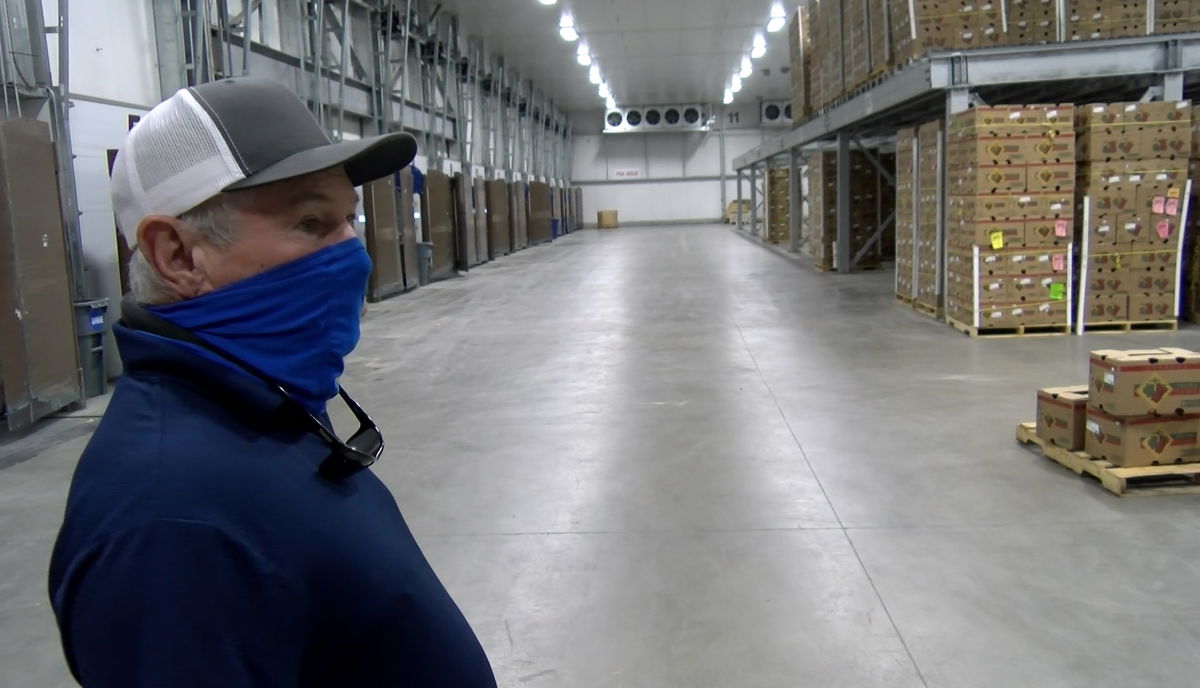
Jeff Percy of Ocean Mist Farms in Coachella says the uncertainty of the pandemic has been unbelievable and they're having to rethink operations every day. They're also making changes to what they're growing. "And everything was sort of shut down March 15th," Percy said. "We disked up a couple of hundred acres of produce-- just left it in the ground," he added.
As for what to plant for the next winter harvest? "We've reduced some lettuces, some spinach, increased some staples like cabbage and broccoli," Percy said, "to react to the changing eating habits of America."
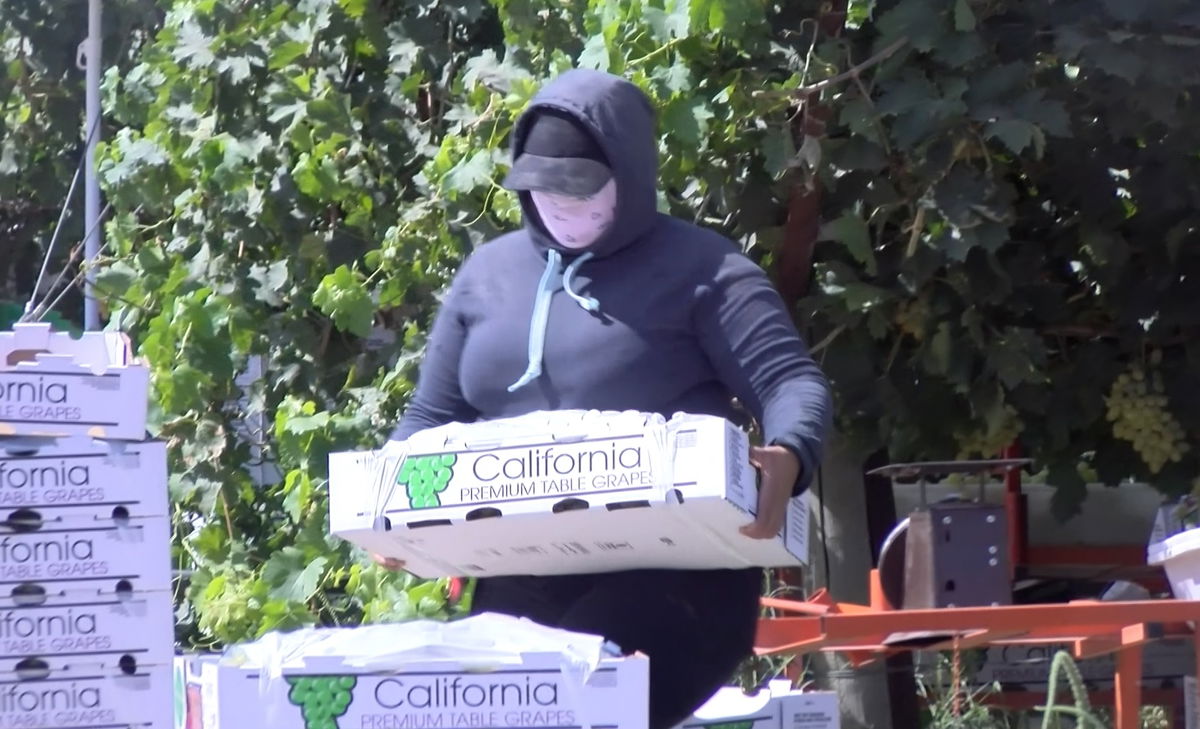
Percy says eating habits have changed as people stay home, away from restaurants, and kids not in school. It's also changed what people purchase.
Farmers say they used to know exactly what people were going to buy, how much, and when. But when the pandemic hit, people's buying habits changed. Add on top of that, food service dried up. That includes hospitals, schools, and restaurants no longer ordering food.
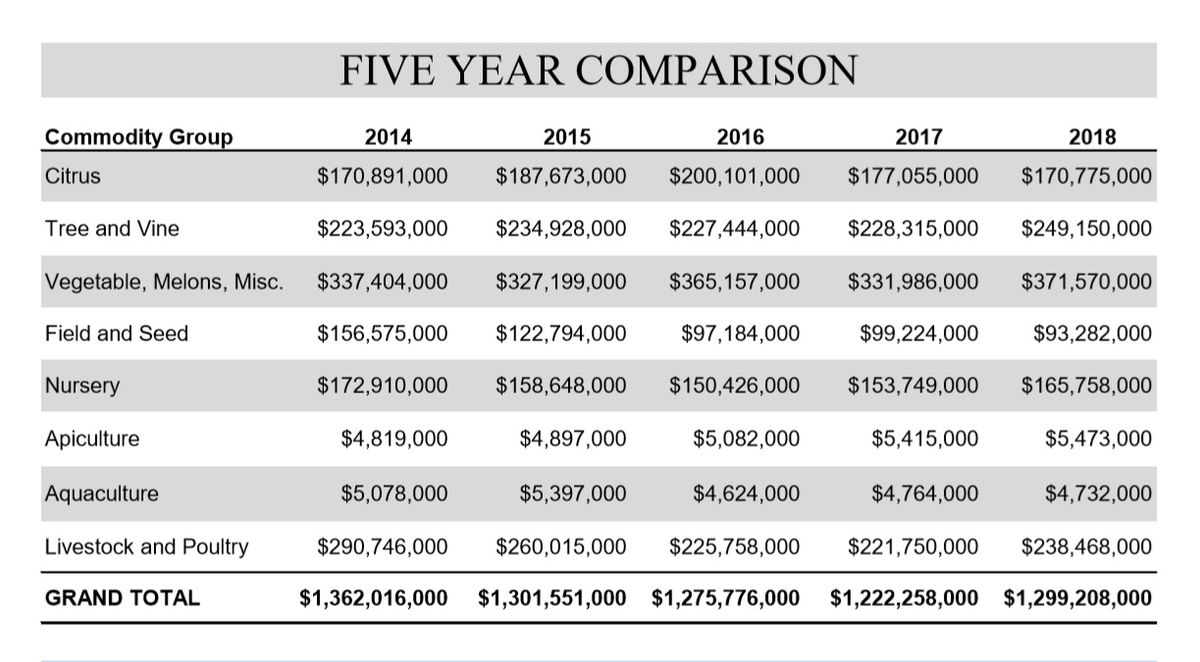
Our local Agriculture industry produces nearly $1.3 billion in commodities annually, according to Riverside County's most recent crop report. That includes $371 million in vegetables, $112 million in table grapes, and $87 million worth of lemons.
"There's been a lot of hurdles this year," Mark Tadros of Aziz Farms said adding, "It hasn't been easy by any stretch of the imagination."
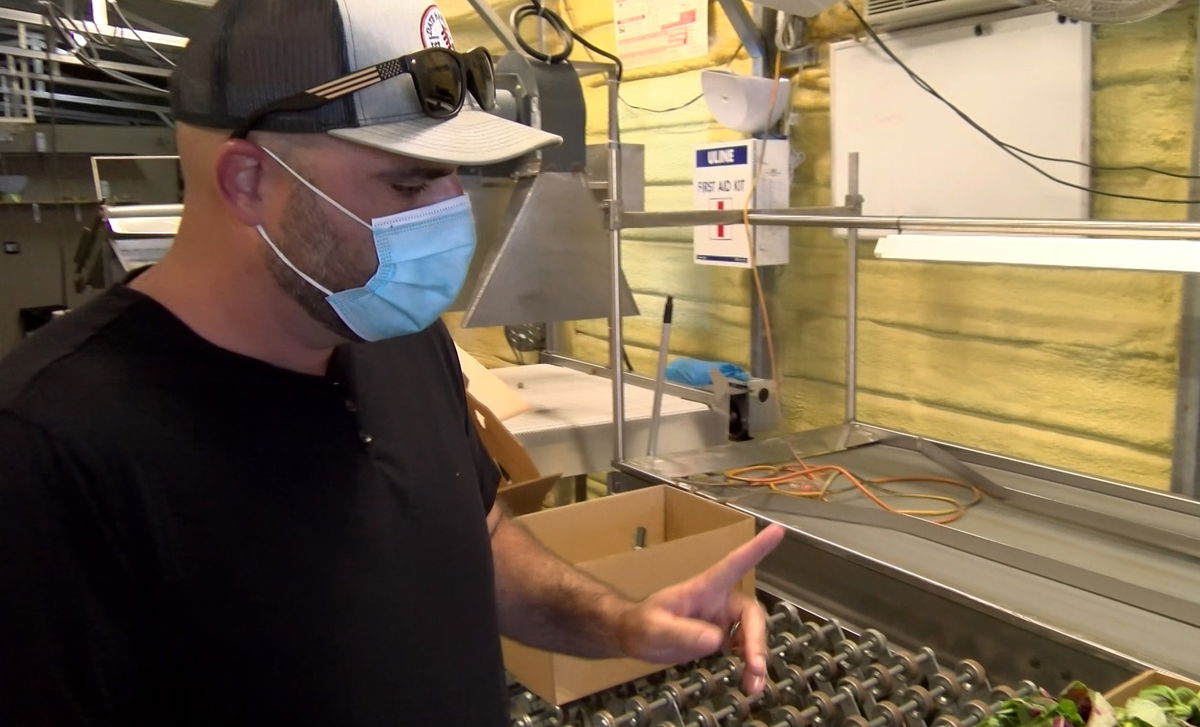
We've checked in on Tadros several times during the pandemic. His new CV Harvest Box farm-fresh produce business was a direct response to changing consumer demands.
The agriculture industry, as a whole, contributes $3.9 billion to the Riverside County economy every year. "Farming's one of those things where we're all just trying to figure it out. And this is another example of that," Tadros said.
"So we bring them to people's homes," said Tony Marchese co-owner of CV Harvest Box. "The idea is not to intermix with people. So we actually drop the box down, press the doorbell then leave. It's like when you were a kid. Ding dong ditch. Boom! Then you leave," Marchese added.
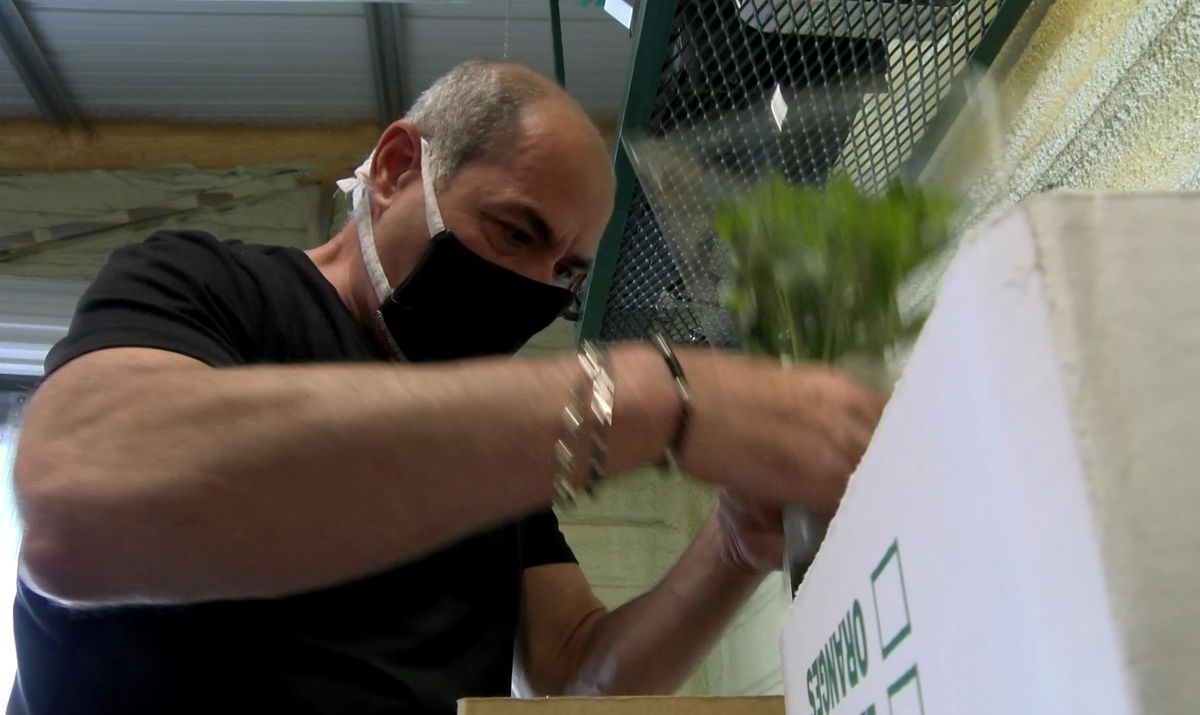
The Riverside County Agricultural Department reports we have between 300 and 332 farming operations throughout the Coachella Valley. These producers grow countless crops that end up on people's tables or are shipped around the nation and world for others to eat. It's an essential job.
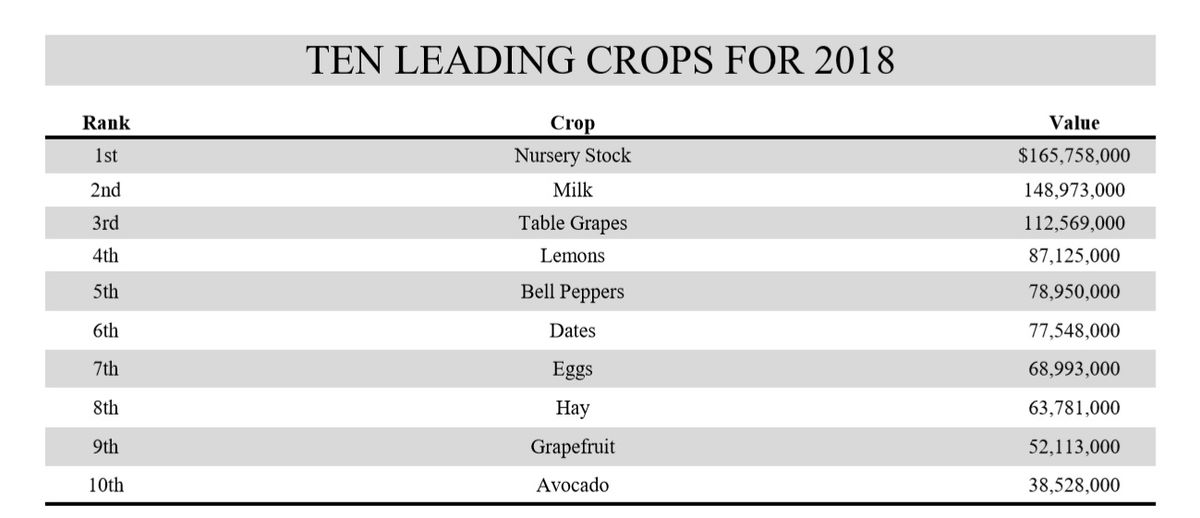
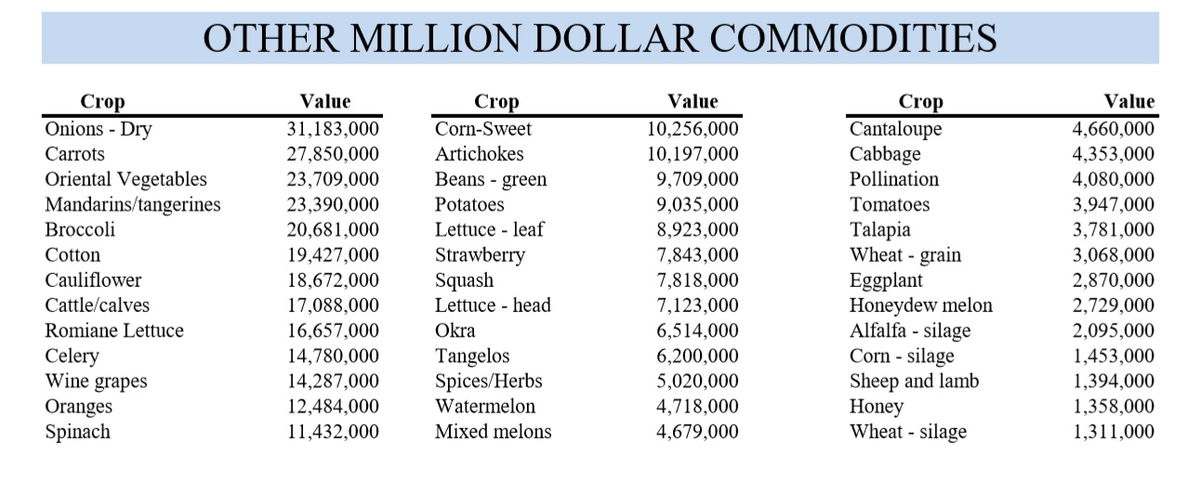
Tadros says consumer purchasing habits changed when the pandemic shutdown orders began, many people substituting fresh fruits and vegetables for canned goods. "And most consumers don't realize it, but we had a pretty good grasp in the produce industry as to what their purchasing habits were because it was based on years and years of buying," Tadros said adding that it's all changed now.
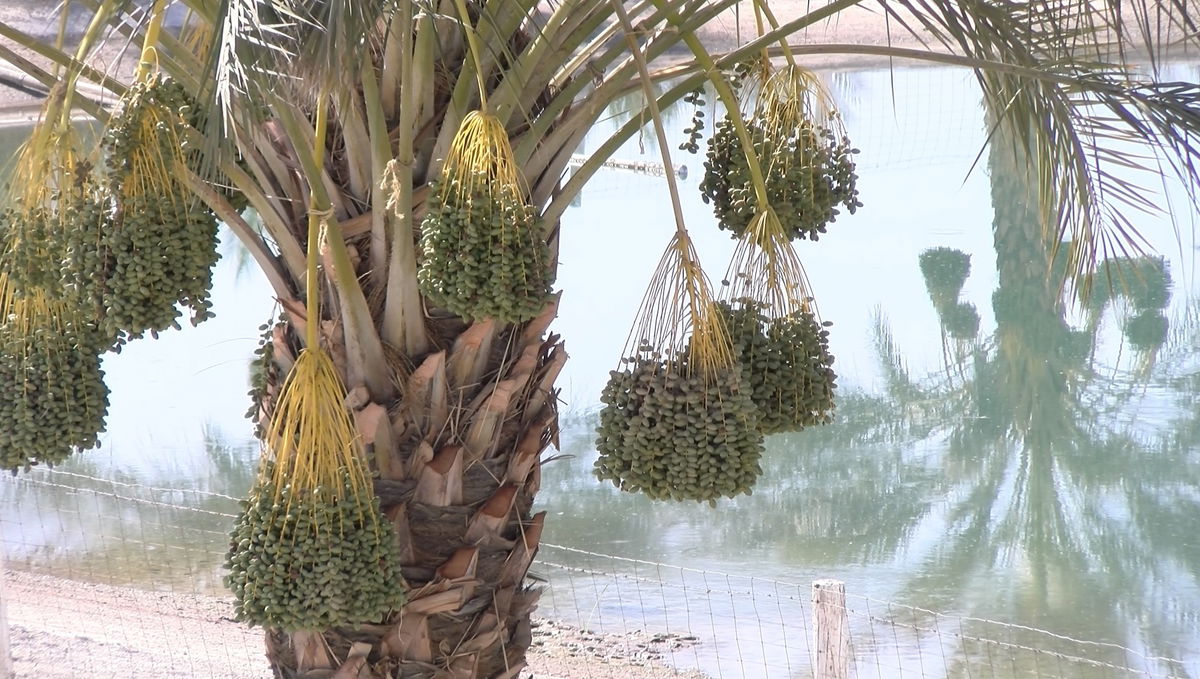
"And nobody's stopping the growing," said Tadros adding, "but we're trying to figure out ways to get this product into the marketplace to make sure the consumers are still purchasing it and we're still able to sell our crops."
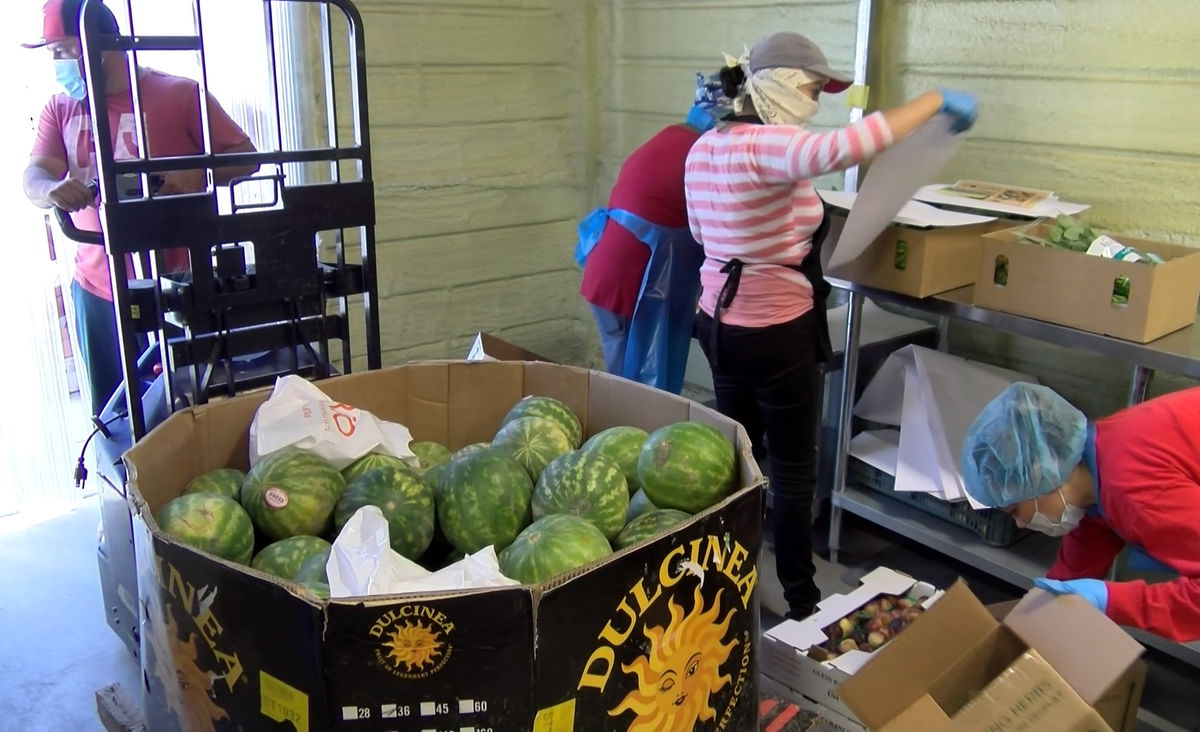
Worker safety is big at the CV Harvest Box packing shed, where workers wear face masks and do what they can to distance. It's also a big deal for workers out in the fields where workers are now spaced apart in every other row to maintain distance. "The ladies and gentlemen who doing the grading are working on the trailer and have partitions, face masks, and face shields there," said Garrett Cardilino of Prime Time International.
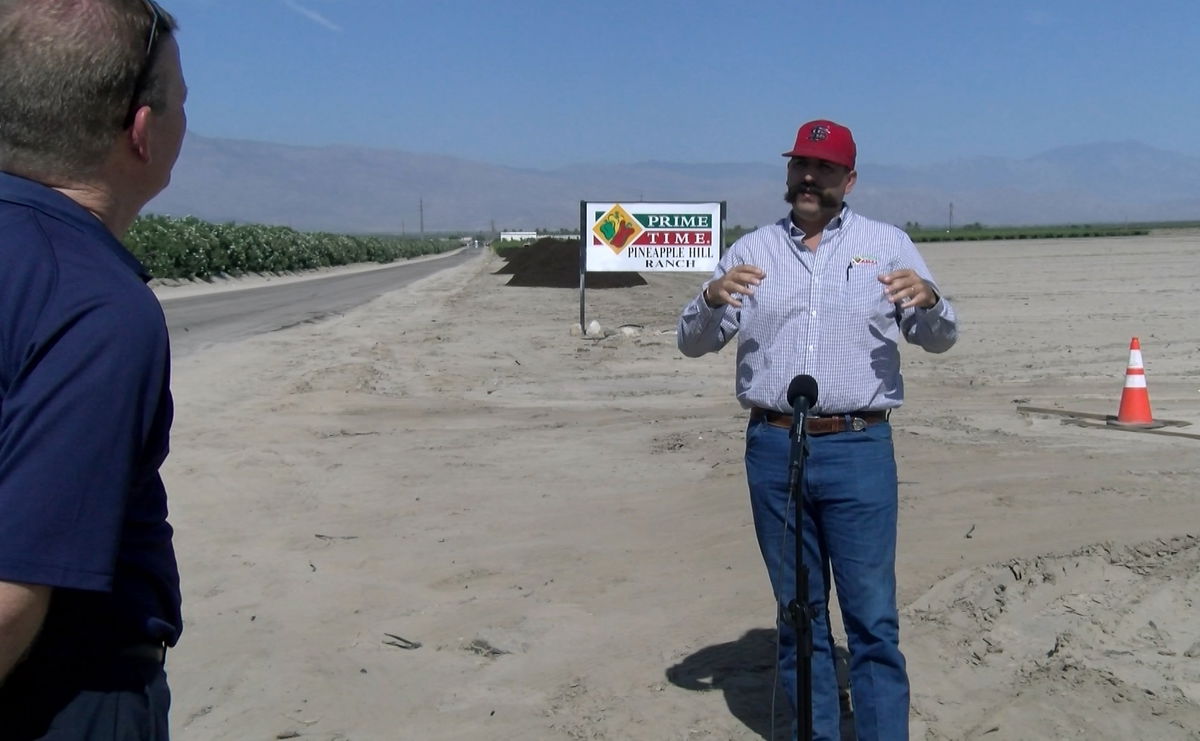
"And they're grading into different packs that we do, depending on size, quantity, and color-- quality, the whole thing," Cardilino added. He says employees wash their hands even more regularly and have seen their work schedules shifted to minimize the number of people sharing break times.
"We elected not to even open the shed," said Cardilino adding, "We didn't even open it up. Our harvesting company decided to change gears and we field pack now in the fields."
The biggest challenges are at company packing facilities where people by nature are closer together. "We retooled it," Cardilino said adding, "We redid the lines up there. We separate the people out, gave them face masks. They have face shields. They have partitions."
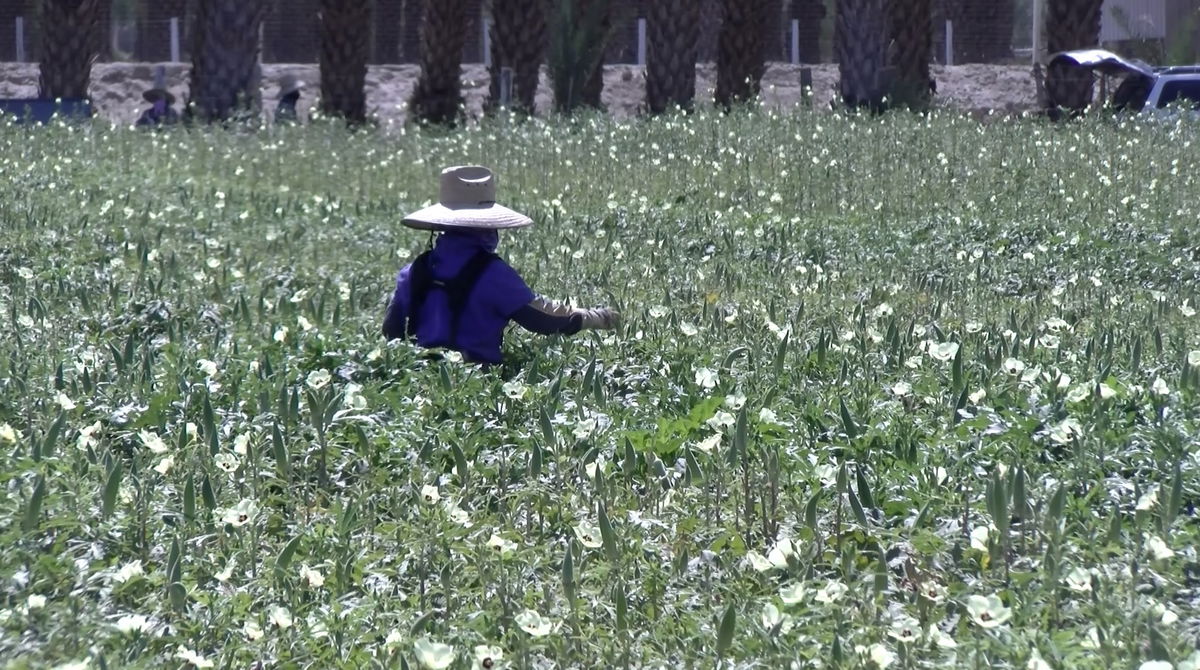
Cardilino says they've already gone above and beyond what's required to keep employees and consumers safe. And they plan to continue doing that, not only for safety but to keep food on your table.
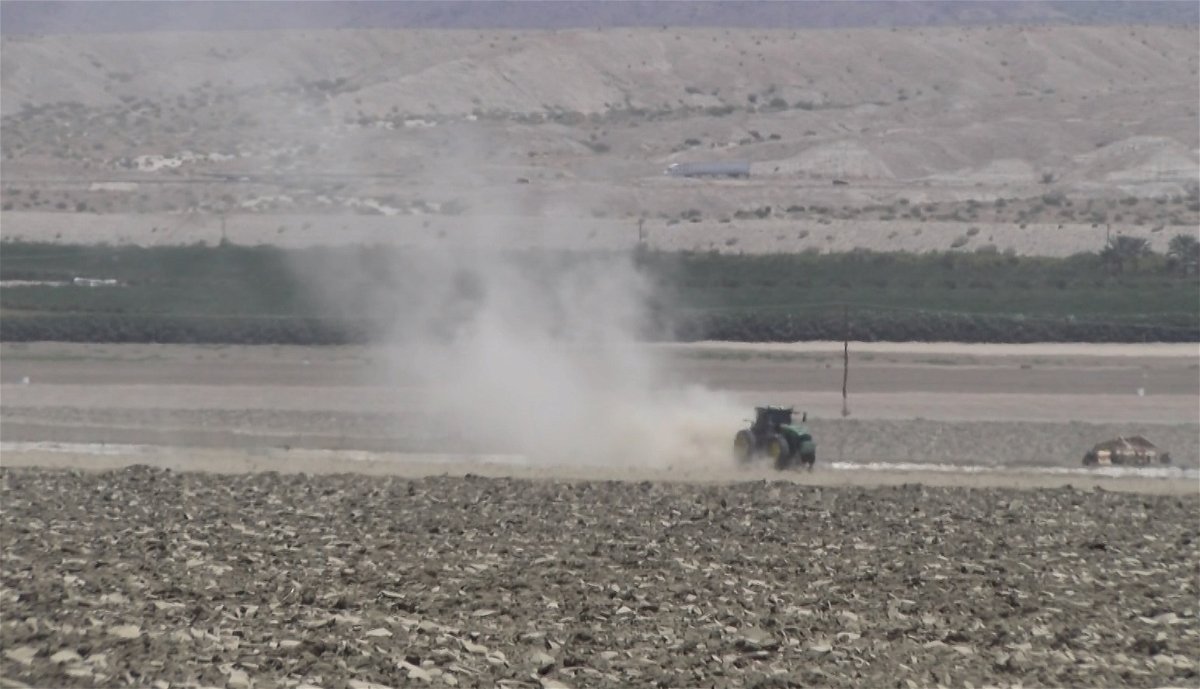
Read More: A nightmare scenario for farmers is happening right now
You can follow Jeff Stahl on Facebook at: https://www.facebook.com/TVJeffStahl/ and on Twitter at @TVJeffStahl.
